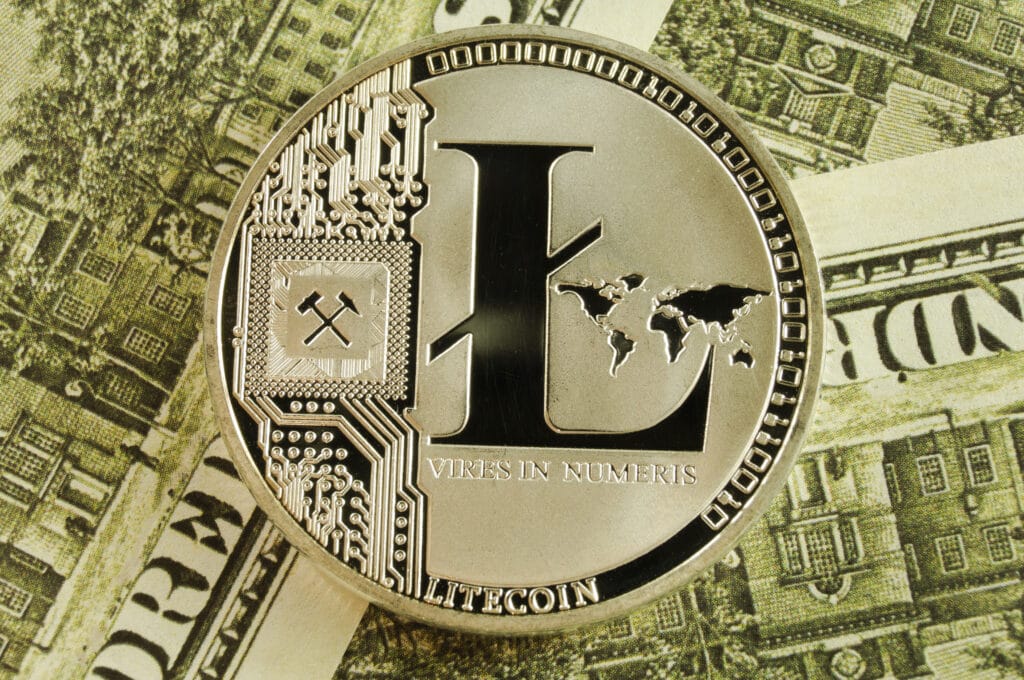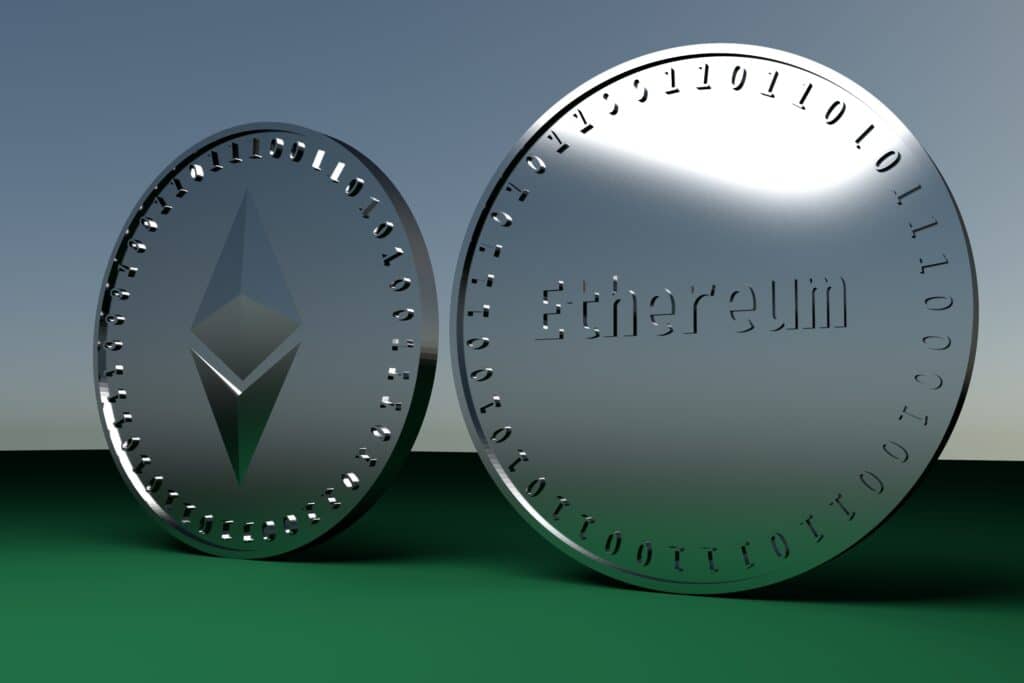What are Cryptocurrencies?

Cryptocurrencies

You are an investor who probably already knows all about it. Still, in case you don’t know exactly what cryptocurrencies are, they are digital or virtual currencies secured by strong cryptography protocol and used to buy goods or services.
Cryptography is used to verify and guarantee those online transactions. Any government or any other institution does not back up cryptocurrencies.
They use a blockchain, a decentralized spread across many computers responsible for managing and recording transactions.
Blockchains are a series of computing nodes that run the cryptocurrency software and contain the partial or complete history of the transaction occurring in the network and perform a series of checks to ensure that the transaction is valid by assuring the proper validation parameters are contained.
How Do They Work?

To know what cryptocurrencies are, you also need to understand how they work.
They exist only electronically and use a peer-to-peer system, so no central bank or government can manage or help if anything goes out of the ordinary.
So, there are some risks regarding cryptocurrencies. Since there are no banks or governmental authorities to protect you, no one is responsible for getting your money back when stolen.
The Bitcoin network operates by an underlying technology called blockchains, a collection of computers or nodes that run the software and contain a partial or complete history of the transactions currently occurring on the Bitcoin network.
Each full node or a node containing the entire history of transactions on Bitcoin is responsible for the approval or rejection of a transaction in its network.
The node conducts several types of checks to ensure that it is a valid transaction by providing that it contains the correct validation parameters and does not overcome the imposed length.
Most popular cryptocurrencies
Besides knowing what cryptocurrencies are, you must also learn a little about some of the most popular cryptocurrencies. Some of the most popular cryptocurrencies are:
Bitcoin

So, what are cryptocurrencies? There are distinct kinds of cryptocurrencies that are created in diverse ways. For example, Bitcoin is created through a mining process that uses powerful computers to solve complex algorithms and crunch numbers.
It is a decentralized currency that uses a peer-to-peer technology that enables functions such as:
- Currency issuance
- Transaction processing
- Transaction verification
To be conducted by the network of miners.
People using their computers to participate in the network is called bitcoin mining. This process is a transaction processor and validator.
Ripple

As mentioned before, cryptocurrencies are created to purchase goods and services. However, on the other hand, Ripple is a currency exchange, payment settling, and remittance system designed for payment networks and banks.
It is a system of direct transfer of assets that has been proposed as a more secure, transparent, and cheaper alternative for transfer systems used by banks, like SWIFT codes.
While Bitcoin is based on blockchain technology, Ripple makes use of distributed consensus ledger that uses a network of validating servers and crypto tokens named XRP or Ripple.
Litecoin

Created in October 2011, Litecoin is based upon Bitcoin’s open-source code, but with several modifications like a faster block generation rate and a Scrypt to prove the work scheme.
These Scyipts are a password-based key derivation function designed to make large-scale, custom-built hardware attacks more difficult in the currency.
Bitcoin’s algorithm does not demand a lot of RAM as an impediment to parallel processing as Scrypt does. Litecoin was developed to improve on Bitcoin shortages.
Ethereum

Unlike Bitcoin, Ether was not created to be a digital currency but an asset to reward developers using the Ethereum platform. Instead, it is a blockchain-based software platform used to send and return value globally through its native cryptocurrency, ether, without any government or third-party interference.
Ethereum was designed to broaden the usability of cryptocurrencies by empowering developers to build their own premium applications. As opposed to traditional applications, these so-called "decentralized applications" based on Ethereum are self-executing thanks to smart contracts.
Those smart contracts are code-based programs hosted on the Ethereum blockchain which automatically execute given functions when pre-set requirements are fulfilled. This might be anything from forwarding a transaction when a particular event takes place or lending funds once a guarantee is deposited in a nominated wallet.
Conclusion
Now you know what cryptocurrencies are, how they work, and the most popular ones right now, such as Bitcoin, Ripple, Litecoin, and Ethereum. Also, don´t forget to join our Telegram Channel for the hottest crypto signals on the market.



